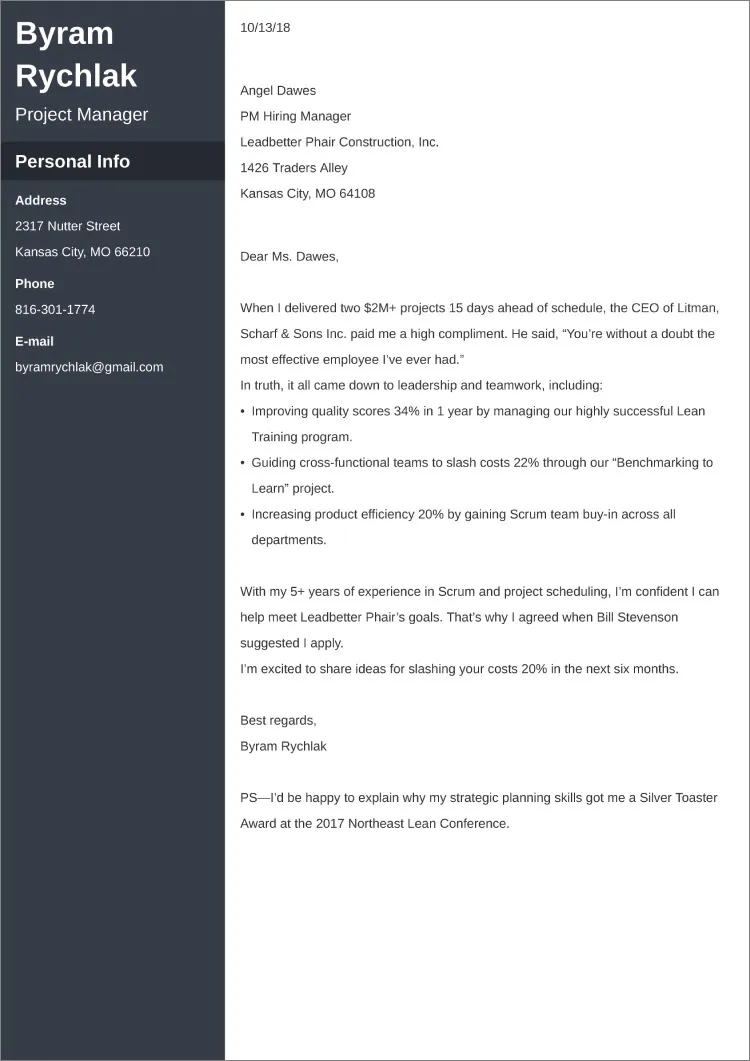The Importance of a Strong Cover Letter Closing
The closing of your cover letter is more than just a formality; it’s a crucial opportunity to leave a lasting positive impression on the hiring manager. It’s the final piece of communication before they make a decision about whether to invite you for an interview. A well-crafted ending can significantly influence their perception of you and your suitability for the role. A strong closing can reaffirm your interest, highlight your key skills, and encourage them to take the next step in the hiring process. In contrast, a weak or poorly written closing can undermine the entire effort, leaving the hiring manager with a negative impression or, worse, causing them to overlook your application altogether. A compelling and professional closing can be the difference between getting your foot in the door and being overlooked.
Why Your Cover Letter Closing Matters
Your cover letter’s closing statement serves as your final opportunity to reinforce your value proposition and make a compelling case for why you’re the ideal candidate. It’s a moment to reiterate your enthusiasm for the position and the company, reminding the reader of your unique qualifications and how they align with the job requirements. The closing is also where you clearly state your call to action, guiding the reader toward the next step, such as scheduling an interview. This is your chance to express genuine interest and create a sense of anticipation. Moreover, it’s an opportunity to leave a lasting impression by showcasing your professionalism, attention to detail, and your sincere desire to contribute to the organization. A strong closing provides clarity, leaving no doubt that you are eager to learn more and eager to begin the application process. In the competitive job market, every aspect of your application has the potential to make a difference, and a well-executed closing can be a key differentiator.
The Impact of a Poor Closing
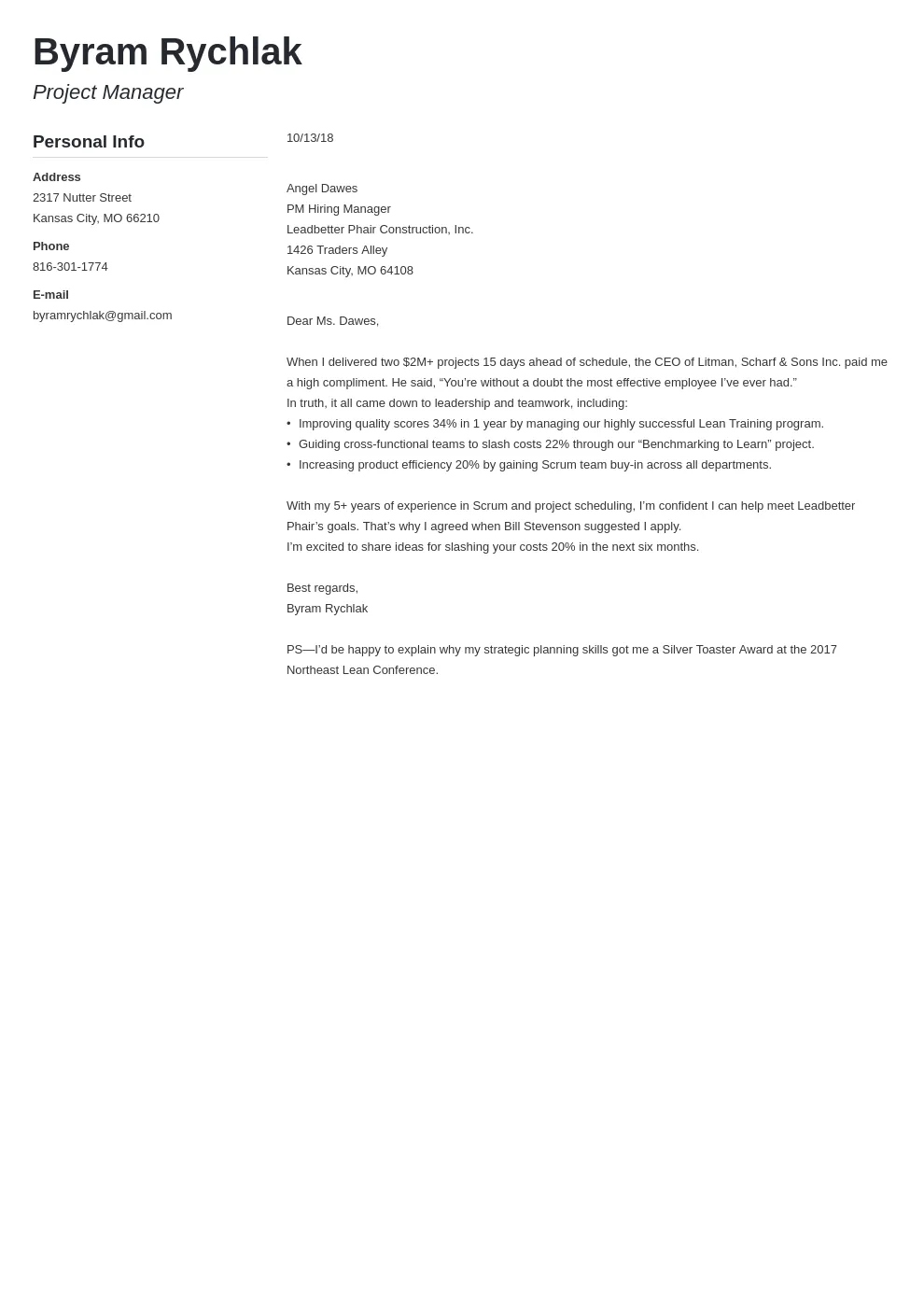
A poorly written closing can have several detrimental effects on your job application. It can undermine your credibility if it’s filled with errors, lacks a clear purpose, or presents a negative tone. A generic closing, for instance, fails to personalize your message or show that you’ve given any thought to the specific job or company, suggesting a lack of genuine interest. A weak closing may not provide a clear call to action, leaving the reader unsure of what you want them to do next. Additionally, a careless or unprofessional closing can create a negative impression of your attention to detail and your communication skills. In the worst-case scenario, a poor closing can lead the hiring manager to dismiss your application entirely, regardless of how impressive your qualifications may be on paper. It is essential to ensure that your cover letter’s closing is strong, clear, and concise. This should always create a positive and impactful final impression.
Effective Closing Techniques
Expressing Enthusiasm and Interest
Reiterating your enthusiasm for the position and the company is essential. This lets the hiring manager know that you are truly excited about the opportunity. Use phrases that convey your genuine interest, such as “I am very enthusiastic about the opportunity to contribute to your team.” or “I am particularly excited about the prospect of [specific project or responsibility].” Avoid generic statements and tailor your enthusiasm to the specific role and the company’s values. Researching the company and the position will provide you with specific details that will help showcase your enthusiasm. Specificity shows you care and creates a stronger connection with the reader. This personal touch is essential to show that your interest extends beyond simply needing a job.
Highlighting Your Key Qualifications
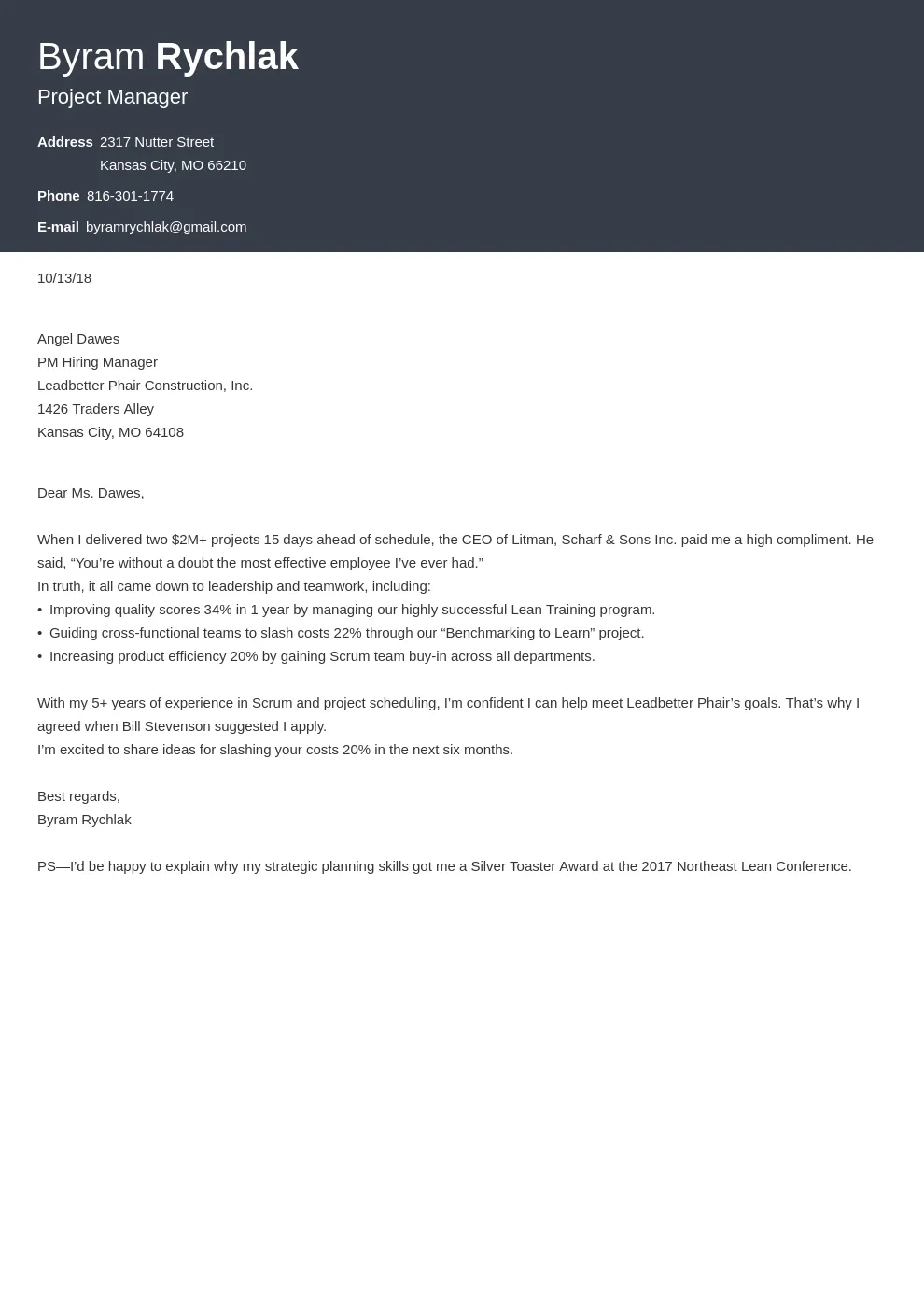
In the closing, briefly reiterate your most relevant qualifications and skills. This reinforces your value proposition and reminds the hiring manager why you’re a good fit for the job. Focus on the skills and experiences that directly align with the job requirements, mentioned in the job description. You can use a sentence or two to recap how your skills match the role’s demands, such as, “My experience in [specific area] aligns perfectly with the requirements outlined in the job description, and I am confident I can make a significant contribution.” This quick recap helps the hiring manager recall your key strengths and emphasizes the benefit of hiring you. Always make sure to keep this section concise and focused. The more concise you are, the more impact you’ll have, and the more likely you’ll be to get an interview.
Summarizing Your Value Proposition
Summarize your overall value to the company. This means highlighting what makes you unique and the specific benefits you bring to the table. Consider stating how you can solve a problem, contribute to a team, or help the company achieve its goals. For instance, you could write, “I am confident that my skills in [specific skill] and my experience in [related area] will enable me to contribute to the team’s success by [specific benefit].” The value proposition is all about demonstrating your ability to provide real, tangible results. Think about what you can offer the company and how you can contribute. Tailoring your value proposition to the specific needs of the company and the job is critical to create a powerful and persuasive closing. When you have something to offer, it will be easier for you to convince the hiring manager.
Clearly Stating Your Call to Action
A clear call to action is essential. This tells the hiring manager what you want them to do next. Avoid ambiguity by explicitly stating your desire for an interview or further discussion. Make it clear that you’re eager to move forward in the hiring process. For example, you can write, “I am eager to discuss my qualifications further in an interview” or “I would welcome the opportunity to elaborate on my experience and how it aligns with the company’s needs.” The call to action should align with the tone and formality of your cover letter. Do not be too aggressive or passive. Make sure your call to action is inviting and easy to follow. The goal is to provide the employer with an easy way to take the next step.
Requesting an Interview
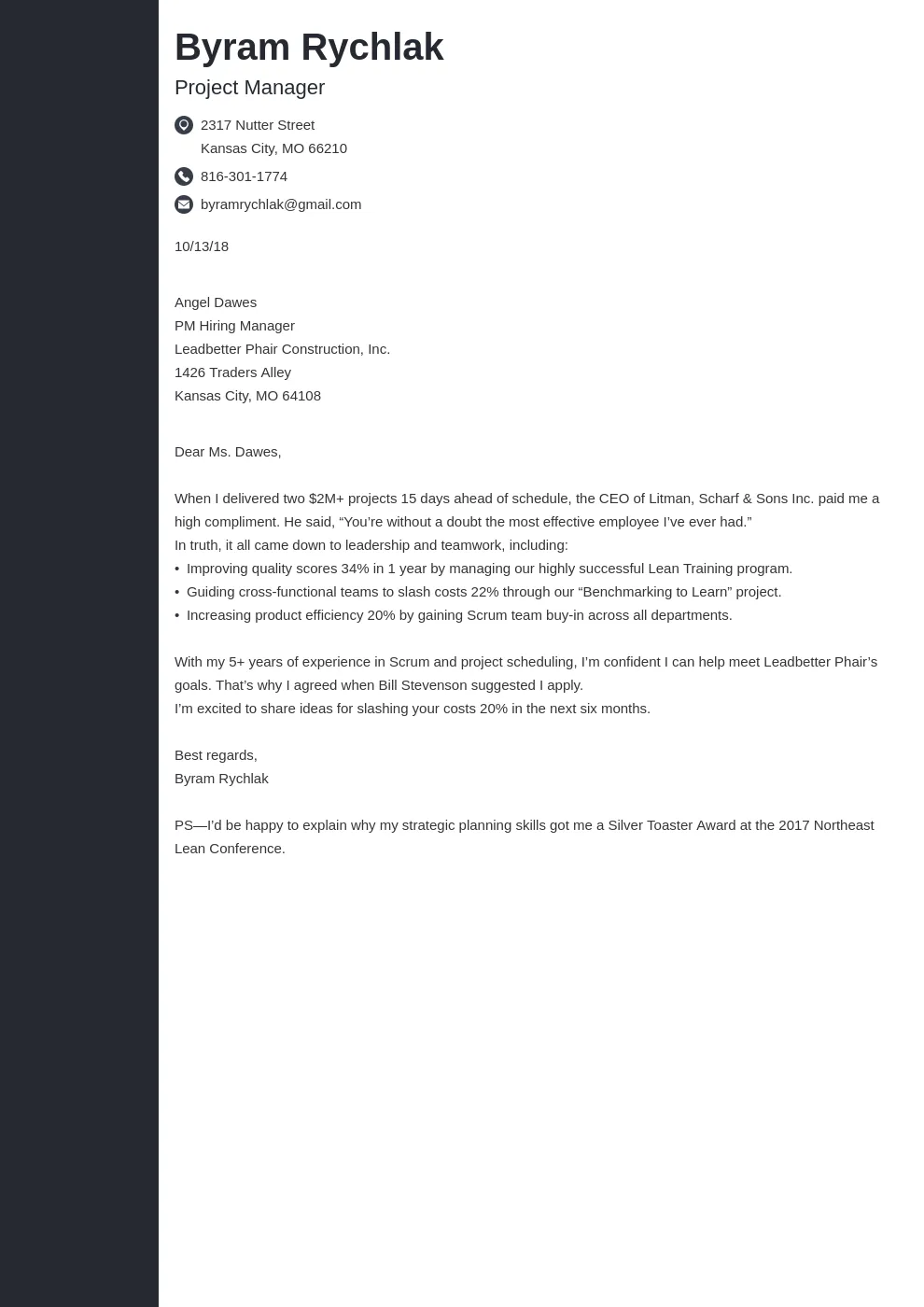
The most common and appropriate call to action is to request an interview. Use phrases such as, “I would welcome the opportunity to discuss my qualifications further,” or “I am available for an interview at your earliest convenience.” Make sure to reiterate your interest and show that you are looking forward to meeting with the hiring manager and the company team. This shows your enthusiasm and willingness to follow up. This is a strong and direct way to communicate your interest in the role and show your eagerness to contribute to the company. Always provide a way for them to reach you.
Providing Contact Information
Ensure you provide your contact information, making it easy for the hiring manager to reach you. Include your email address and phone number in the closing. While your contact details are usually listed at the top of the cover letter, it doesn’t hurt to reiterate them in the closing. This ensures the reader has easy access to your contact information, making it convenient for them to reach out. Double-check the accuracy of your information to prevent any potential issues with contacting you. Include a professional email signature that you can use on all your cover letters and emails. Make sure your email is appropriate and professional to represent yourself appropriately.
Appropriate Cover Letter Sign-offs
Formal Closings
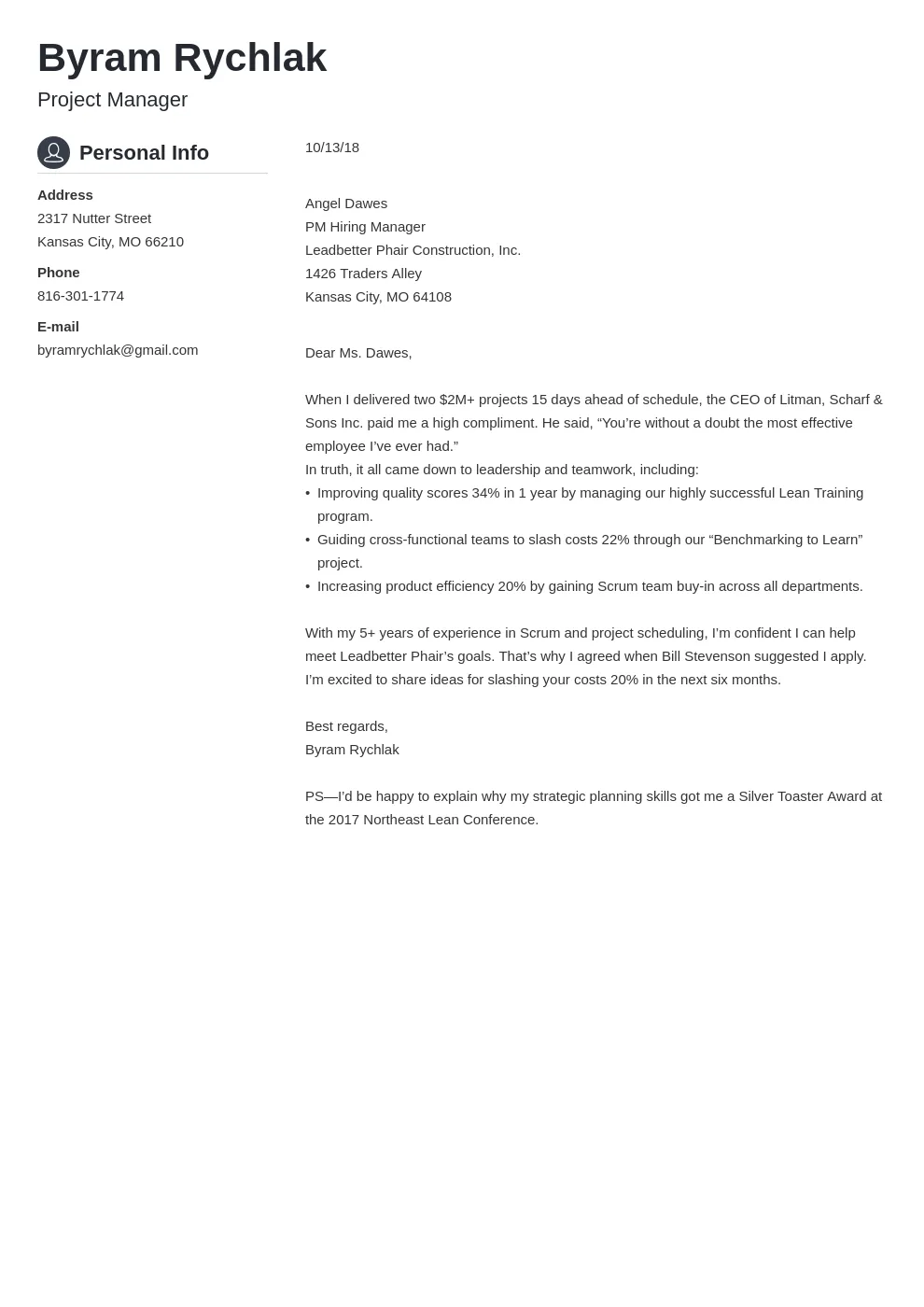
Use formal closings to maintain professionalism. These are suitable for most job applications, especially in corporate or professional settings. Some appropriate options include: “Sincerely”, “Best regards”, “Respectfully”, or “Yours sincerely”. These closings convey respect and demonstrate your attention to detail. When choosing a formal closing, consider the company culture and the tone of your cover letter. Make sure it aligns with the standards of your industry. Formal closings leave a positive impression and maintain a professional tone.
Informal Closings
Informal closings can be used when the job posting or company culture is more relaxed. Options include “Best”, “Warm regards”, or “Thank you”. However, these closings are not always appropriate. Avoid overly casual closings, such as “Cheers” or “Later”, as they may come across as unprofessional. It is best to err on the side of formality unless you know the company well. When using informal closings, make sure the tone is appropriate and professional. Make sure it’s not too casual, and keep it simple and professional. This should only be used if you have been in communication with the company before.
Common Mistakes to Avoid
Generic or Vague Statements
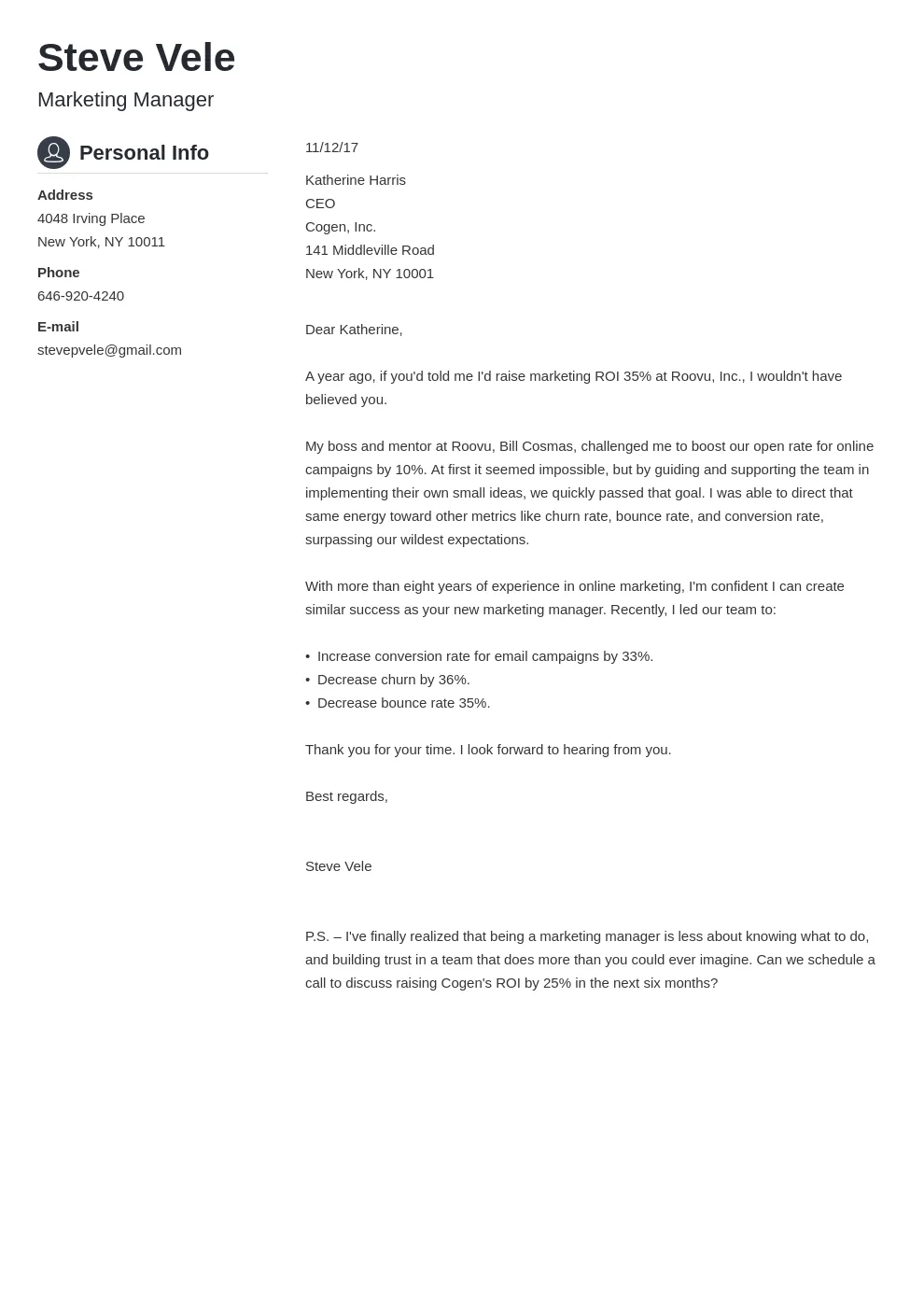
Avoid generic statements that could apply to any job or company. Such statements show a lack of interest and personalization. Instead, tailor your closing to the specific job requirements and the company’s values. Avoid vague phrases like “I am excited about this opportunity” without providing any specific reasons for your excitement. Instead, explicitly mention what excites you about the position or company. Specificity shows that you have thoroughly researched the company. If the hiring manager thinks you didn’t put in the research, then you will be less likely to get the job. Personalization is key.
Overly Aggressive or Demanding Tone
Avoid using an overly aggressive or demanding tone. Avoid phrases like “I expect to hear from you soon” or “I look forward to your immediate response.” Such phrases can come off as unprofessional and presumptuous. Instead, maintain a polite and professional tone. Clearly state your interest in the role and your availability for an interview. Be respectful of the hiring manager’s time and decisions. Using a respectful and professional tone is more likely to get the job. The hiring manager will appreciate your professionalism, and it is more likely to lead to an interview. It shows that you understand the requirements of the job and what the job requires.
Typos and Grammatical Errors
Typos and grammatical errors can undermine your credibility and make you appear careless. Always proofread your cover letter carefully before submitting it. Check for errors in spelling, grammar, and punctuation. Review the entire cover letter, not just the closing, to ensure consistency and professionalism. Use a grammar and spelling checker. It is crucial to make a strong impression, so always proofread your cover letter. Consider asking a friend or family member to review your letter as well. Proofreading is vital because even one mistake can hurt your application.
Formatting and Presentation
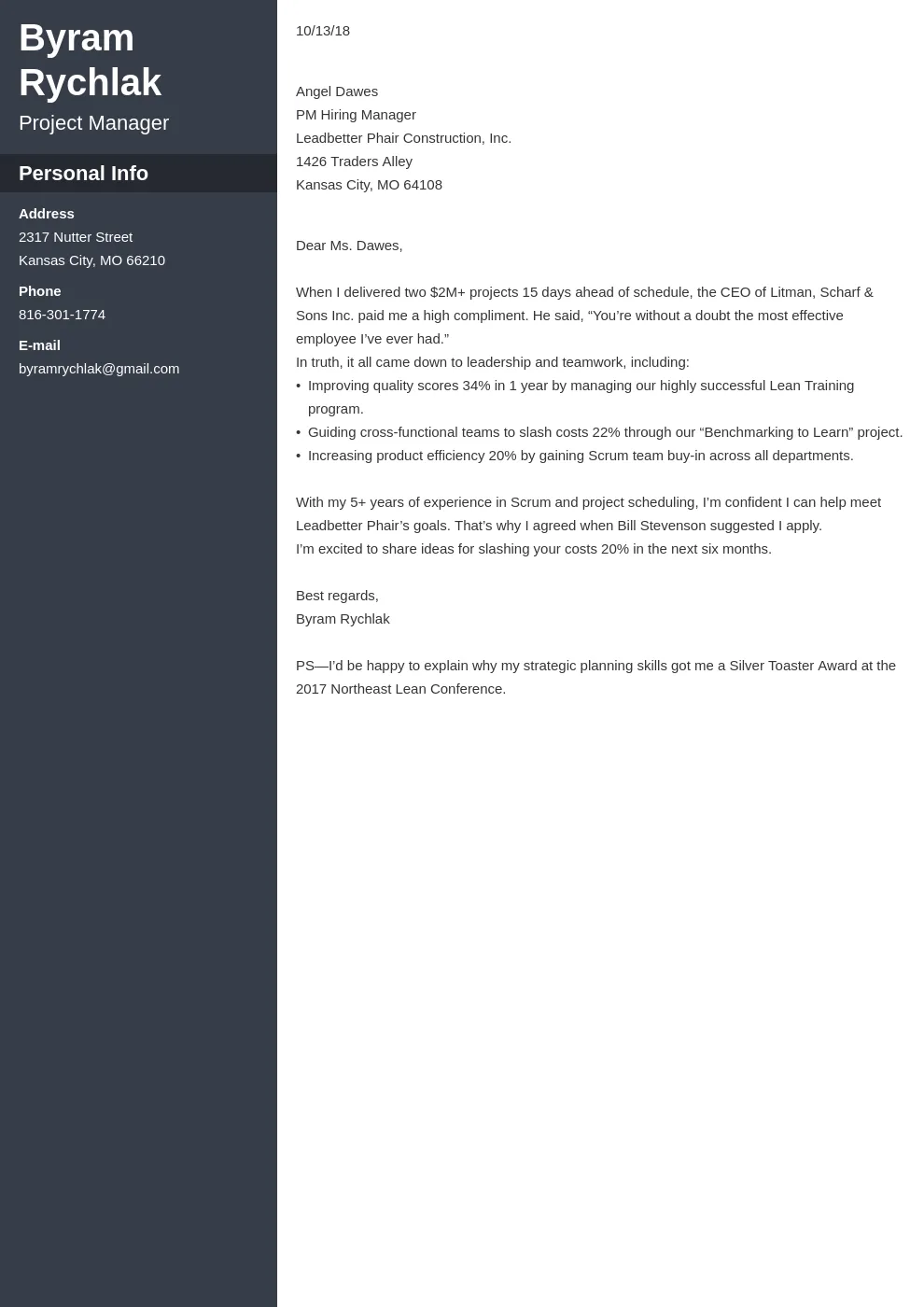
Proper formatting and presentation are essential. Ensure your closing aligns with the overall formatting of your cover letter. Use a font that is easy to read and maintain consistent font sizes. Pay attention to the spacing, alignment, and margins. A well-formatted cover letter is much more professional and shows attention to detail. Make sure your letter is easy to read. This also shows you care about the details of your letter. Ensure the formatting is consistent throughout the entire document, including the closing. A professional presentation improves your chances of getting an interview.
